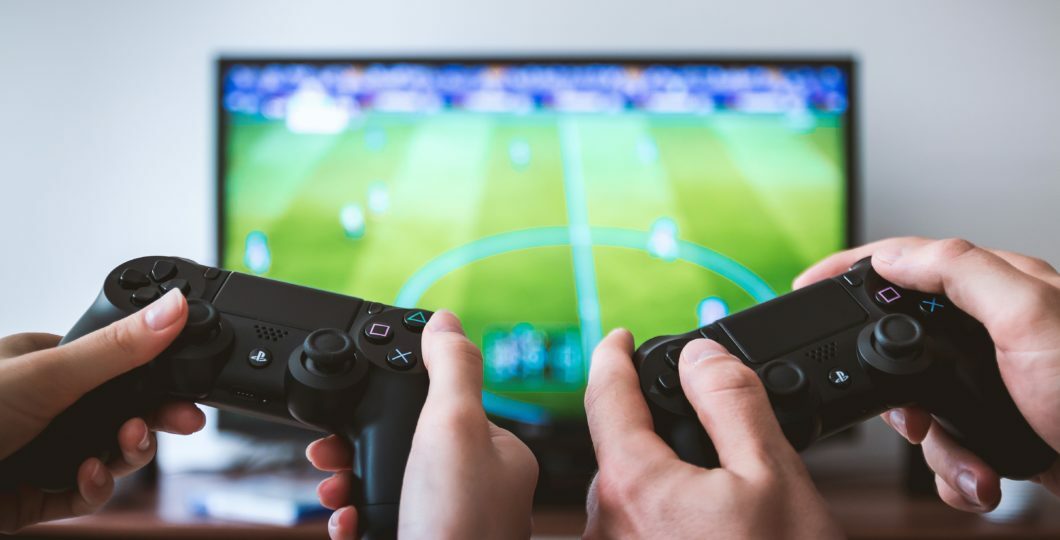The reward may not be anything higher than ‘Winner Winner Chicken Dinner’ flashing on display. It turns many gamers into helpless addicts.
Subhash* nonetheless remembers the smartphone call he received from his son’s college one afternoon four years in the past. The university administration becomes disenchanted that Subhash’s son Pranav, months into his postgraduate route, had no longer submitted vital documents that were part of his admission process. “It regarded like an ordinary, disciplinary question from the college,” says Subhash. “But it was this call that led me to discover the truth about my baby. Pranav had now not remembered the deadline, or completed his college project, or even eaten something for days because he became playing Dota 2 (a video game) for 35 hours at a stretch! I could not agree with it.”

Dota 2 is a multiplayer game concerning two teams of 5 gamers each. Each crew guards a massive structure referred to as an Ancient and is tasked with destroying the opposite crew’s Ancient. Subhash’s son was introduced to Dota 2 using his classmate. Not so incidentally, they were each pursuing a Masters’s in virtual game layout.
“Pranav might play the game each time he got here home for vacations,” says Subhash. “He would lock himself up in his room for 6 or seven hours. And if I tried to question it, he’d say it was part of his teachers, and I had to let or not it’s. What I didn’t recognize then turned into that it had ended up an addiction.”
Things were given a lot worse while Subhash tried to force Pranav to step far from the sport. “He had become so trapped in the game that he couldn’t continue to exist without it,” says Subhash. “ He lost several weight due to the fact he had begun to skip food and sleep. It all seemed like it changed into straight out of Rajkumar Hirani’s Sanju. There, Dutt becomes combating drug addiction; here, my son became fighting dependency to gaming and the Internet.”
Trapped in another world
Subhash specifically remembers the two times when Pranav’s addiction to Dota 2 took a daunting flip. “He broke a door in rage once we took away his pc and cellular telephone. Another time, he threatened to jump off the 8th floor of construction. My spouse talked him out of it. It changed into a hard time for us as our own family.” Subhash took his son to several therapists inclusive of Manoj Sharma’s SHUT health center (Service for Healthy Use of Technology) at the National Institute of Mental Health and Neurosciences (NIMHANS), Bengaluru.
“What eventually worked changed into the Panchakarma remedy, a cleansing regime advocated via Ayurveda,” says Subhash. “Even today, my son, who works as a sport developer, plays Dota 2. Only, not like earlier than while it changed into a Junoon, an obsession, it’s now more regulated.”
Last June, the World Health Organization (WHO) categorized dependancy on gaming as a mental health disorder. In the guide, International Classification of Diseases, WHO describes gaming addiction — digital or video games — as “a pattern of persistent or recurrent gaming behavior that turns into so giant that it takes precedence over different existence pursuits.”








